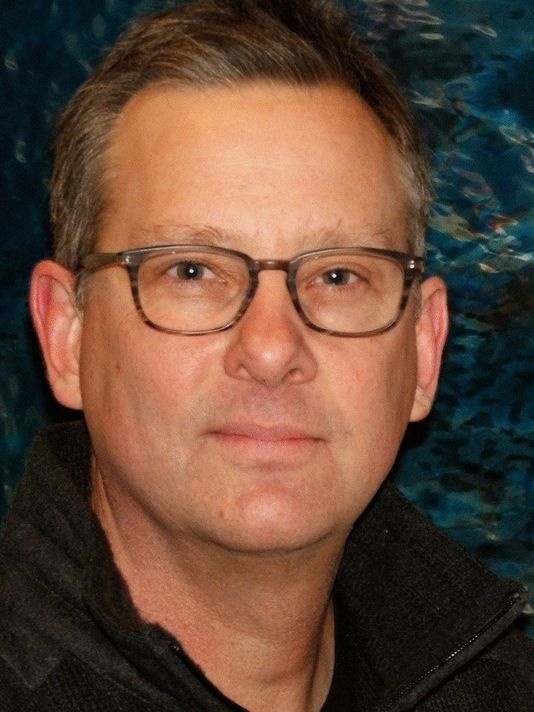
Ty Priest, Guest Opinion, Press Citizen
Let’s talk about “fracking.” Also known as hydraulic fracturing, this is the process of drilling a well deep into the earth and then injecting water and chemicals under high pressure to fracture shale beds or other low porosity formations to release oil and gas.
First, the good news about fracking. Between 2005 and 2015, fracking boosted U.S. natural gas production from fifty to seventy-two billion cubic feet per day, an increase the size of the combined output of Canada and Algeria, two of the top ten gas producers in the world. Meanwhile, fracking raised U.S. crude oil production from 5.1 to 8.7 million barrels a day, an increase equivalent to the daily production of Iraq, the world’s sixth largest producer.
This is good news for several reasons. Fracking has created almost two trillion dollars in wealth for the United States and made this nation once again the world’s largest producer of oil and gas. Without fracking, oil and gas prices, along with the U.S. trade deficit, would be much higher, and our economic recovery from the Great Recession much slower. By enhancing U.S. energy security, the fracking boom assisted U.S. foreign policymakers in blocking Iran’s nuclear ambitions and holding the line against Middle Eastern monarchies and Vladimir Putin’s Russia.
There have also been significant environmental benefits. The fracking of natural gas, which has greatly displaced coal in power generation, drove U.S. carbon dioxide emissions 12 percent lower between 2007 and 2012, a reduction 18 percent higher than 62 other countries combined. In the absence of the shale boom, moreover, dirtier Canadian oil sands would likely be the main source of North American oil.
Now for the bad news. Drilling and fracking are loud, messy, and disruptive activities. Poor well-casing and cementing in a few early wells raised concerns about the safety of drinking water. Industry secrecy about the chemicals used as surfactants spread distrust. The discovery of rogue methane leaks and toxic vapors from wells and pipelines called into question the environmental benefits of fracking, although most studies have confirmed that fracked natural gas still has a lower carbon footprint than coal. Underground injection of wastewater is linked to hundreds of earthquakes in fault-prone locations, such as in central Oklahoma, where last week a 5.6 magnitude earthquake could be felt as far away as Des Moines.
Although Iowa does not have the geology to attract drilling, fracking does indeed affect Iowans. The large-scale mining of “frac sands,” used to prop open subsurface fractures, has disfigured the landscape in southern Minnesota and Wisconsin and threatens to spill over into northeast Iowa. A long-distance pipeline is being laid to bring oil fracked from North Dakota’s Bakken formation across the states of South Dakota and Iowa, where citizens fear the possibility of oil spills.
Most Iowans, like most Americans, are uncertain about what should be done. Are the fracking fears overblown? Do the risks outweigh the rewards? Are there practical ways to regulate the industry to reduce its social and environmental impacts to tolerable levels? As the essayist John McPhee once wrote, “Only an easygoing extremist would preserve every bit of country. And extremists alone would exploit it all. Everyone else has to think the matter through — choose a point of tolerance, however much the point might tend to one side.”
If you are looking for your point of tolerance on the subject of fracking, please attend the University of Iowa WorldCanvass program’s season-opening show, “Fracking and the Iowa Divide,” from 7:30 to 9 p.m. September 13, in the Recital Hall of the brand new Voxman Music Building. The event is free and open to the public, with a pre-show reception starting at 6:30 p.m. For the complete schedule, please visithttps://international.uiowa.edu/connect/programs/WorldCanvass.
Ty Priest is an associate professor in the history and geography departments at the University of Iowa.